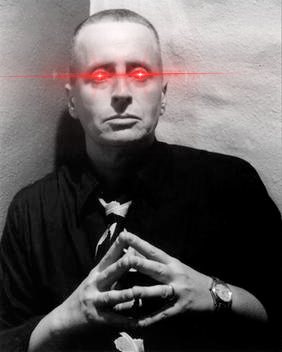It was a good read. Not at all what I expected. There really wasn’t any gender theory at all and no attempt justifying gender identity. It was just full throated support for all gender identities, which was nice.
I also found it really interesting how antiquated a lot of the language is after only two decades, but the message itself is at least as progressive as the conversations people are having now. There’s such an emphasis on transness outside of binary trans people.
I feel like this understanding of gender would really cut out a lot of the bullshit gatekeeping truscum arguments out. A lot of truscum look at enby or GNC people and say, “you’re just a man in a dress” to which I think Feinberg would reply, “Yes, and?” Men in dresses also have an outlawed gender expression which deserves defending. Considering how armed fascists keep showing up to drag events, I think this view has been vindicated.
I also find it interesting how s/he changes hir pronouns depending on the social context. To me, this level of fluidity acknowledges gender as a social manifestation as opposed to anything essential.
Anyway, I’d like to read more. I was turned to Marxism through history, so I’d like to read up on pre-modern queer history. When I’m arguing with people about gender, I always bring up the fact that gender expression has varied throughout history and there are lots of examples of gender outside of the binary; however, I don’t actually have specific examples that I am really familiar with.
Could anyone recommend a book that goes over non-cis gender identities throughout history and the roles they played? I’d really prefer a central source that covers a lot of cases as opposed to a deep discussion of a single one.
Thanks, comrades
 7·8 months ago
7·8 months ago
